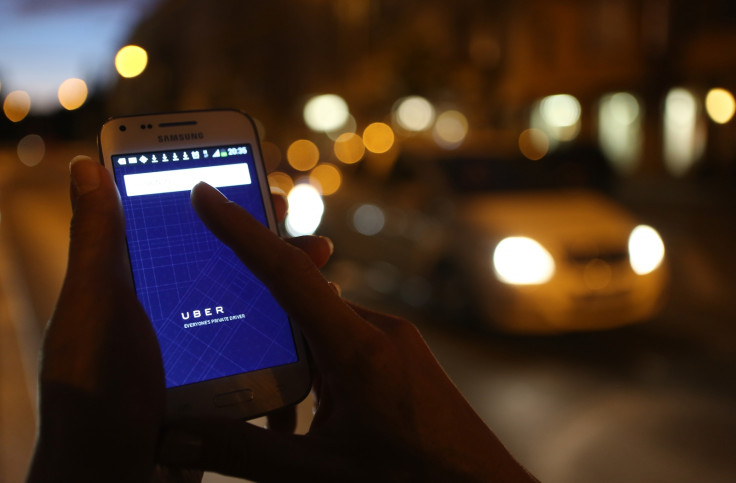Uber used an elaborate, secret 'Greyball' tool to evade authorities for years
The tool was used to identify and avoid law enforcement in cities where the service faced restrictions.

Uber has been using a secret, elaborate program called Greyball for years to sidestep authorities in cities around the world where the ride-hailing service has faced resistance or was banned by local authorities.
The New York Times first reported the existence of the tool which uses data collected from the Uber app among other techniques to identify and avoid officials who aimed to ticket drivers or impound cars in cities where the service faced restriction.
Greyball, which has been in use since as early 2014, was part of a larger programme called "Violation of terms of service" (VTOS) created by Uber to detect people it felt were using the app inappropriately, the New York Times reported.
Using data collected from the app, the tool identifies certain individuals such as law enforcement officers who posed as regular customers in sting operations. If one such 'customer' tries to hail an Uber, the app will show images of "ghost" Uber cars or show no cars are available to deceive and "greyball" authorities.
Other techniques included using geolocation data to identify users frequently opening and closing the app near government offices. Another method involved going to local electronics stores to obtain the device numbers of the cheapest mobile phones for sale that were often bought by law enforcement officials were likely to buy.
The company also used credit card information, social media profiles and other data to detect and identify users linked to city agencies or law enforcement who might scrutinize Uber.
Approved by Uber's legal team, the program was mostly used outside of the US in cities including Las Vegas, Boston, Portland and Paris as well as in countries such as China, South Korea, Italy and Australia.
The San Francisco-based company acknowledged the existence of the program in a statement to NYT.
"This program denies ride requests to users who are violating our terms of service — whether that's people aiming to physically harm drivers, competitors looking to disrupt our operations, or opponents who collude with officials on secret 'stings' meant to entrap drivers," Uber said.
An Uber spokeswoman told Reuters that the tool is still in use, but has been scaled back. In the US, Greyball is being used in 15 US states that do not have clear ride-sharing laws and where drivers are threatened with arrest or other legal punishment.
"We take any effort to undermine our efforts to protect the public very seriously," Dylan Rivera, a spokesman for the Portland, Oregon transportation bureau, said. "We will closely examine the evidence presented in this investigation to see if it warrants changes in our approach to consumer protection."
The latest revelation follows a series of high-profile controversies plaguing Uber in recent weeks including allegations of sexual harassment, inappropriate behavior and a toxic work environment at the company. In January, Uber was accused of strikebreaking after it continued to operate during a driver strike at JFK Airport in New York City. The incident triggered a damaging #DeleteUber campaign, prompting thousands of users to delete the app from their phones and post screenshots of them doing so on social using the viral hashtag.
Earlier this week, a video emerged of Uber CEO Travis Kalanick yelling at an Uber driver over fares. The executive later issued a public apology admitting his behaviour needs to change and that he needs leadership help.
"With any type of systematic thwarting of the law, you're flirting with disaster," Peter Henning, a law professor at Wayne State University, told the NYT. "We all take our foot off the gas when we see the police car at the intersection up ahead, and there's nothing wrong with that. But this goes far beyond avoiding a speed trap."
© Copyright IBTimes 2025. All rights reserved.





















